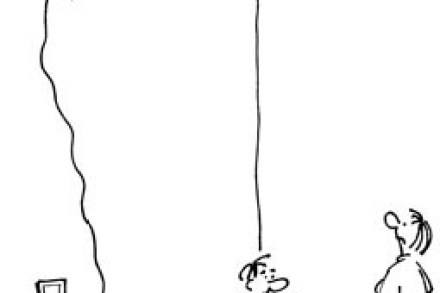Surprising literary ventures | 20 October 2007
More from BooksJohn Cage was the composer of 4’33”, the piano performance piece that consists of 4 minutes and 33 seconds of complete silence — except for the mutterings of the audience — and Imaginary Landscape No. 4, in which 12 radios are played at the same time for several hours. He was also the inventor of














